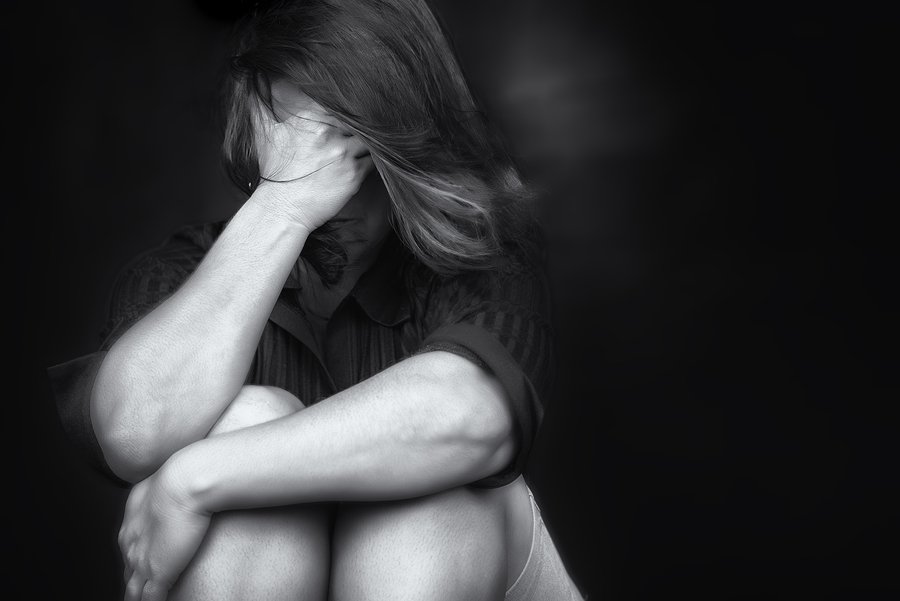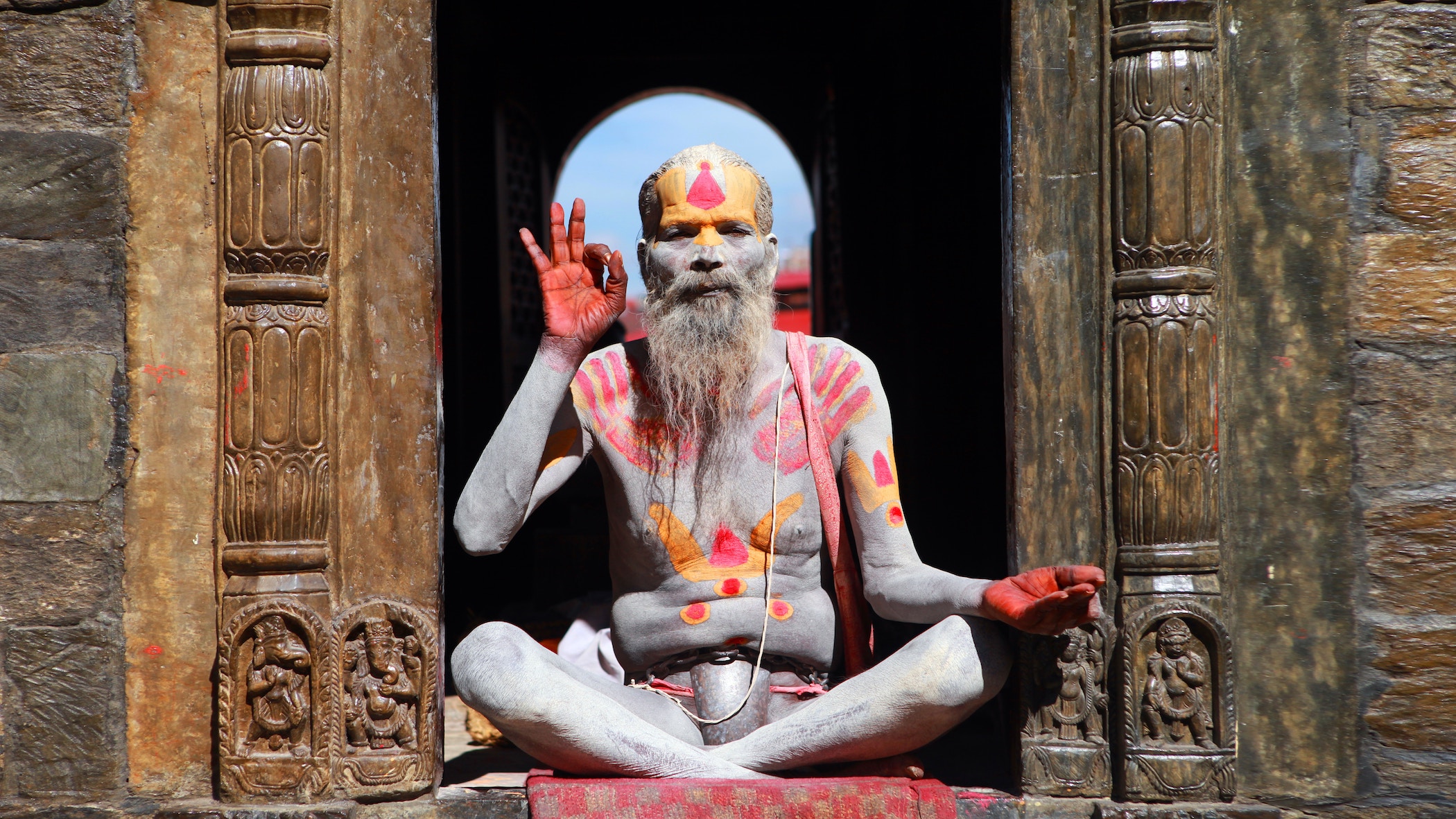Tips On Coping With Anxiety Disorders

Do you spend your time coping with anxiety? You're not alone. About 40 million adult Americans suffer form anxiety conditions. There are several types of anxiety but all feature the common threads of persistent, irrational fear and discomfort . . . and all can be debilitating. Anxiety disorders are medical conditions that need serious attention . . . or they can get worse.
Basic Anxiety Disorders
- Generalized Anxiety Disorder (GAD): Exaggerated worry and tension can cause many anxiety symptoms, such as headaches, muscle aches, hot flashes, irritability and trembling. People with GAD have trouble relaxing and concentrating, and may have sleep difficulties. Such disabling symptoms make coping with anxiety a real chore.
- Post-Traumatic Stress Disorder (PTSD): PTSD stems from a frightening or tragic experience(s) that tends to haunt the person afterward. The person may have nightmares or troubling recollections of the event that interfere with daily functioning. Other anxiety symptoms include unusual bouts of irritability and anger or aggressiveness. Many soldiers returning from wars have PTSD symptoms and encounter difficulty coping with anxiety.
- Obsessive Compulsive Disorder (OCD): Those with OCD have bothersome thoughts and images (obsessions), and try to get rid of them by engaging in rituals. For example, someone who is unduly afraid of getting dirty or having germs on their hands may wash their hands over and over in attempt to protect themselves from the perceived hazard.
- Specific Phobias, including Social Anxiety Phobias involve extreme or excessive fear of something (such as spiders) or a type of situation (for example, flying), and may relate to any irrational fear. The fear is in excess of what would be normal or helpful. Social anxiety is a specific anxiety that keeps people from going out in public where people they don’t know may be present. Those coping with anxiety and phobias avoid social situations for fear of shame or embarrassment.
- Panic Disorder (with or without Agoraphobia): Panic Disorder entails episodes or feelings of terror, pounding heart, the sweats, dizziness, etc. and the person never knows when the next panic attack may come or what may cause it. Panic Disorder leads to the avoidance of places or situations where the previous attack may have occured.
Many people who are coping with anxiety have panic attacks. Panic attacks may come on quite unexpectedly. And they may cause severe discomfort and fear. And the problem is, one panic attack may lead to additional attacks. Timely treatment ensures earlier anxiety relief.
Treatment Options
There are basically three types of treatment for anxiety symptoms:
A. Medication
B. Psychotherapy
C. Combination Treatment
Medication can be helpful, and anti-depressants are commonly used to treat certain anxiety disorders. Therapy is useful for treating anxiety and offers the benefits of helping people to learn coping mechanisms and thinking skills that lessen the effects of anxiety or prevent it. Cognitive Behavioral Therapy is the most widely studied form of therapy for anxiety and has been shown to be very helpful. Combination treatment of anxiety disorders may offer the most effective form of anxiety relief for many anxiety sufferers.
The dark side of anxiety is it often gets worse and handicaps the anxious person, but the light side is it responds favorably to treatment. And that's good news for anyone coping with anxiety! If you have an anxiety issue, it may be wise to get help and get it quickly . . . before your anxiety symptoms worse. Common symptoms include shortness of breath, pounding heart, sweating, dread of situations, nausea, inability to concentrate, trembling and fear of dying.
In Sum
If you suffer from panic attacks, any of the anxiety disorders, don’t panic! There is hope. Treatment can be quite effective and offer you significant relief. It would be prudent to do something about your condition sooner than later . . . since anxiety symptoms often worsen without treatment. Talk to a licensed therapist and get an accurate diagnosis. Good diagnosis serves treatment and improves treatment outcome. Just talking with a trained professional can give you a little relief. And your therapist can help you to create a treatment plan to address your specific problem and target your anxiety symptoms for quick anxiety relief.
Do something about your anxiety and you’ll be feeling better in no time! Learn more about anxiety and get relief from coping with anxiety here. Remember anxiety is a chronic and relentless condition that can grow progressively worse if not treated. Anxiety can be complicated, and all anxiety disorders tend to have physiological, cognitive and behavioral dimensions. Getting professional help will offer you the the most satisying and lasting way to get anxiety relief. If you know a man who is coping with anxiety get more information on depression in men here. Anxiety and depression go hand-in-hand in many cases. Women tend to develop symptoms more often than men. Many people go undiagnosed and seek medical help from their doctors long before their anxiety and depression are recognized and diagnosed. These problems can become debilitating, if not treated.
Remember to call your helping professional if you have anxiety symptoms or problems with depression. There is nothing to be ashamed of . . . and help is right around the corner.





